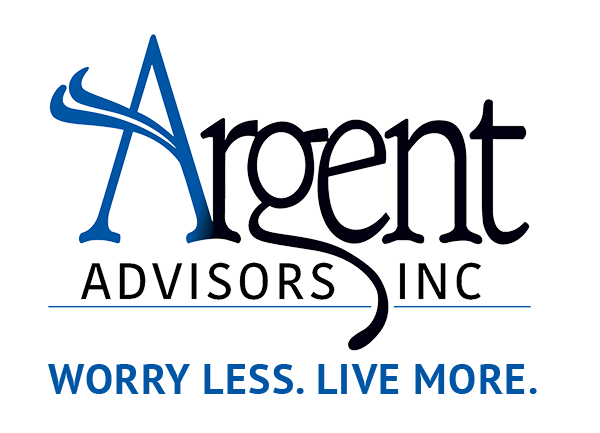Seeing the Big Picture
One dimensional thinking is rarely quality thinking.
Translation? It’s always a good idea to look at the big picture before making any final financial decisions.
The problem comes when you only consider one piece of a total financial picture. If you’re not careful you could find yourself bailing water out of the front of your rowboat, only to pour it into the back of your rowboat (in other words, you’re not making any progress).
Let’s give an example. Let’s say that there is a piece of land that you’ve had your eye on for some time. And it comes up for sale.
Well, you could borrow $100,000 to buy the land. If the bank agrees to finance the purchase for you at 4% over 20 years, you’re gonna owe the bank 240 payments of $600. If my $5 Wal-Mart calculator still works, that’s about $145,000. It means that you paid $45,000 in interest on top of the $100,000 that you paid for the land.
“Wow, that is a lot of interest to pay,” you think to yourself. And you’re right, it is.
Then you remember that you’ve got an investment account that’s been doing well. It’s got $100,000 in it. Well, why not pull that money out of the account and buy the land with it? Who wouldn’t do that to save $45,000 in interest?
Well…maybe the guy who sees the bigger picture.
Where did you say that $100,000 was gonna come from? Oh, that’s right, your investment account. Do you know what your investments are going to do over the next 20 years? No, and neither do I.
For that matter, neither of us knows what the value of land will do over the next 20 years.
So, for the sake of an example, let’s just suppose that your investment account would earn 5% a year over the next 20 years.
If you keep the investment account intact and you buy the land with borrowed money (as described a moment ago), at the end of the 20-year period you would own the land, and your investment account would have increased from $100,000 to about $270,000.
On the other hand, if you liquidated your investment account to buy the land, well at the end of the 20-year period, you would have a tract of land. Same tract of land you would have had before. Since you didn’t borrow any money, you theoretically could have used the $600 a month that you were gonna pay to the bank for servicing on the loan that you borrowed the money from them. You could put that in an investment account that you drained to buy the land. And if you earn the same 5% every year that you would have earned on the money that was in the account, but you kept putting the $600 a month in there. Well, if you keep doing that for 20 years, you’re going to have almost the same $270,000 that you would have had if you’d kept the investments in the account originally.
Well, that’s how the math plays out. It’s kind of even. But guess how real life plays out?
My experience—almost everyone would pay the $600 a month land note to the bank because not doing so would result in foreclosure on the land. We almost always pay our bills.
On the other hand, having a voluntary savings plan to put $600 every month into an investment account—it’s much more likely to be well shall we say distracted. Way more likely.
Put another way, one method puts human nature on your side. Another method pits human nature against you.
There is no single right answer to our little scenario.
But my point is that we can work out the “right” way mathematically while understanding that math is not real life. In real life, all sorts of things (good and bad) constantly compete for our dollars, wooing us away from the fragile plans that we made kind of one-dimensionally.
Yes, by all means, consider the math. But at least as important is to consider the “me” factor. What are YOU most likely to DO at the end of the day?
And once you understand that, then, you’ll have your answer.
Offering you Wisdom on Wealth, I’m Byron Moore.
Argent Advisors, Inc. is an SEC-registered investment adviser. A copy of our current written disclosure statement discussing our advisory services and fees is available upon request. Please See Important Disclosure Information here.

